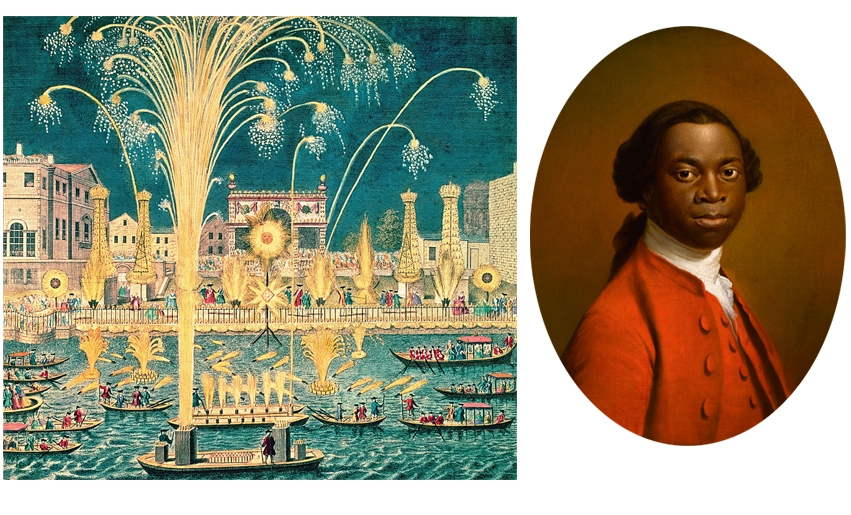Why in 1737 did Dr Johnson choose to leave his home in Lichfield in the Midlands and travel to London to make a fresh start as a writer, asks Jerry White in his encyclopaedic portrait of the 18th-century capital. It’s a good question. London was dangerous, it was dirty, you could die of ague in a matter of hours, be robbed, crushed to death by the mob, thrown into jail for unpaid debts, and, no matter whether you were rich, poor or of the middling sort, suffer the scourge of bed bugs through every waking hour. To live comfortably (without domestic cares) you needed to earn enough money to employ at least three manservants and four women, reckons White, which would have set you back some 75 guineas a year.
Writers were notoriously badly paid, and there were too many of them in the capital anyway. As the playwright Oliver Goldsmith moaned, ‘Perhaps of all mankind, an author in these times is used most hardly; we keep him poor and yet revile his poverty … we reproach him for living by his wit and yet allow him no other means to live.’ Johnson himself on two occasions was threatened with the sponging house (a kind of open prison where debtors could be put under house arrest until they had satisfied their creditors) and only rescued from imprisonment by his friends. Yet Johnson was tempted to the capital, not so much by the desire to make his fortune, argues White, but because of London’s ‘deep wellspring of egalitarianism’. For a man who had grown up among ‘the teasing restraint of a narrow circle’, the capital provided ‘freedom from remark and petty censure’. It was not just that in London there could be found all the conversation, company, amusement that life can afford.







Comments
Join the debate for just £1 a month
Be part of the conversation with other Spectator readers by getting your first three months for £3.
UNLOCK ACCESS Just £1 a monthAlready a subscriber? Log in